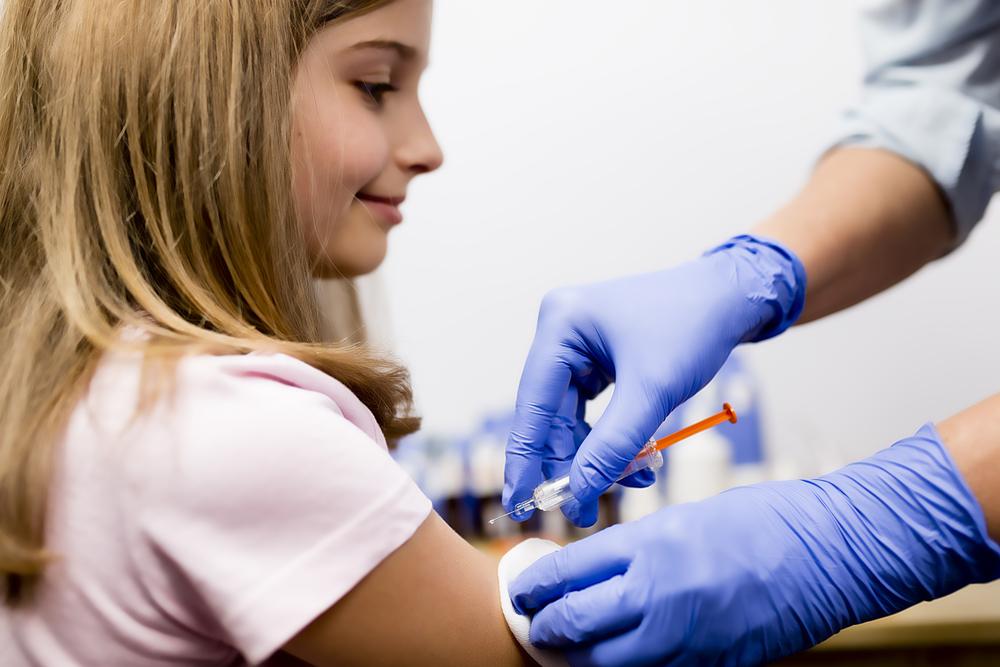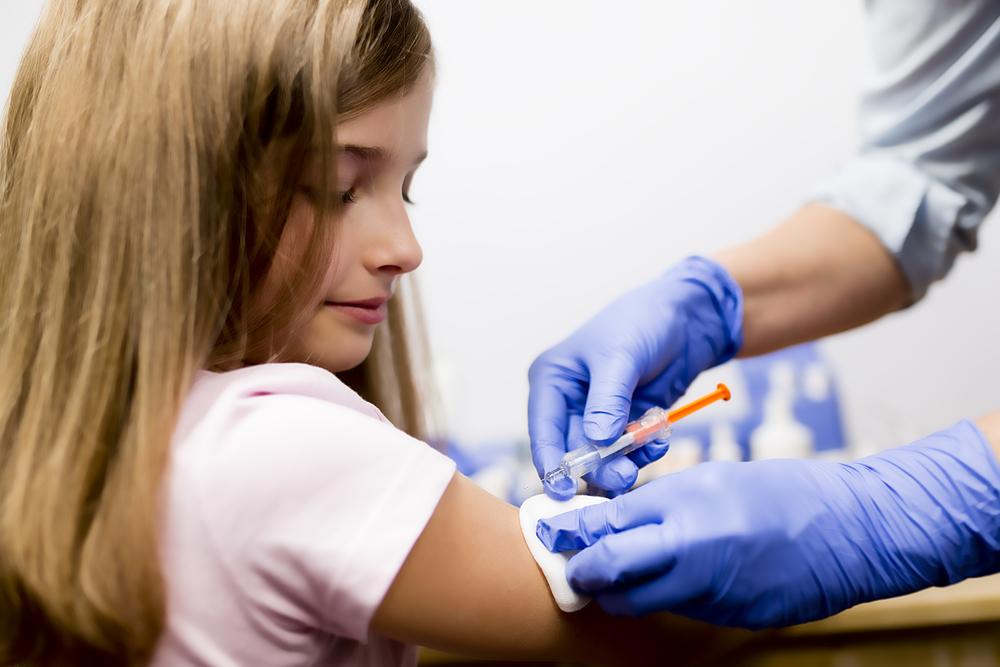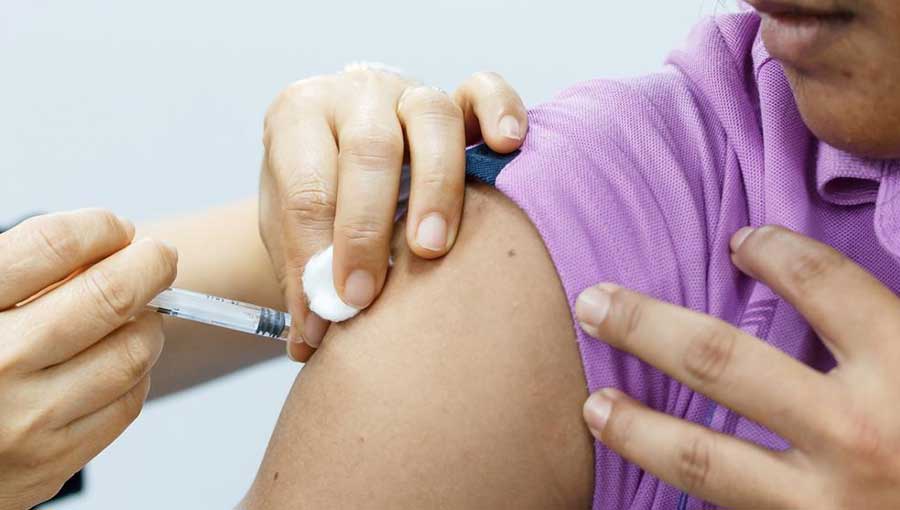Comprehensive Insights into Tetanus: Causes, Symptoms, and Effective Prevention Strategies
This comprehensive guide to tetanus provides detailed insights into its causes, symptoms, and prevention strategies. It emphasizes the importance of vaccination, reviews symptoms like lockjaw and muscle spasms, and offers safety advice for those at risk. Understanding tetanus is essential for effective prevention, especially for individuals with cuts or wounds, to avoid potentially fatal complications.

Understanding Tetanus: Causes, Symptoms, and Prevention
Tetanus remains a serious bacterial infection that causes severe muscle spasms and can be fatal if not treated promptly. Often referred to as lockjaw because of the characteristic stiffness in the jaw muscles, tetanus has become increasingly rare due to effective vaccination efforts. Despite its rarity, awareness about the disease, its symptoms, transmission, and prevention remains critically important. This comprehensive guide delves into everything you need to know about tetanus, including its causes, clinical signs, vaccination protocols, and precautions to protect yourself and your loved ones.
The tetanus bacteria, Clostridium tetani, are anaerobic, spore-forming bacteria commonly found in environments such as soil, dust, manure, and contaminated animal waste. These bacteria are not contagious person-to-person but infect humans through open wounds or skin breaches—no matter how small they might be. Even minor cuts, punctures from nails, splinters, or knives can serve as entry points for these bacteria, setting the stage for infection. Knowing how it spreads is crucial for preventive efforts.
When the bacteria enter the body through a wound, they produce a neurotoxin called tetanospasmin, which travels through the bloodstream via neurons to reach the central nervous system. This toxin impairs muscle control by blocking inhibitory signals in the nervous system, leading to the hallmark symptoms of tetanus.
Recognizing the symptoms early can be lifesaving, as untreated tetanus can escalate rapidly to cause respiratory failure and death. The most recognizable sign is muscular rigidity in the jaw — commonly known as lockjaw — which often occurs within a few days of infection. Additional symptoms include muscle stiffness in other parts of the body, painful muscle spasms, and general systemic symptoms.
Muscle stiffness and lockjaw
Headache and difficulty swallowing
Restlessness, irritability, and muscle spasms
Fever, sweating, and elevated blood pressure
Rapid heartbeat and breathing difficulties
One of the distinctive signs of tetanus is a risus sardonicus—an involuntary grin caused by facial muscle spasms, which can be quite alarming. The spasms often become more severe, affecting other muscles and leading to rigidity, which can interfere with breathing and swallowing.
In cases where tetanus remains untreated, the disease can lead to severe complications, including respiratory failure, broken bones due to intense spasms, and ultimately death. Recognizing the importance of prevention, vaccination remains the most effective method to prevent tetanus infection.
Vaccination protocols are straightforward and highly effective. For individuals who have not been vaccinated, a primary series of three doses is recommended. The initial dose is commonly the Tdap vaccine, which provides protection against tetanus, diphtheria, and pertussis. The second and third doses are typically administered over a 7 to 12-month period, concentrating on boosters for sustained immunity. After completing the primary series, a booster shot called Tetanus-Diphtheria (Td) is advised every ten years to maintain immunity.
Vaccination is particularly crucial for those with uncertain immunization histories, individuals recovering from tetanus, or those exposed to environments where bacteria are prevalent. It is also recommended in certain wound care protocols, especially for deep, dirty, or puncture wounds, even if the individual’s vaccination status is up to date.
However, vaccination may be contraindicated in some cases. If a person has experienced severe allergic reactions to previous doses or has had seizures within a week of vaccination, they should consult a healthcare professional before proceeding. People with underlying neurological disorders like epilepsy, Guillain-Barre syndrome, or other neurological conditions should seek medical advice prior to immunization. Pregnant women can generally receive the tetanus shot safely, especially to prevent neonatal tetanus during childbirth or wound management.
Understanding Side Effects and Safety Measures
Most people tolerate tetanus vaccines well, with minor side effects such as soreness at the injection site, mild fever, fatigue, headache, or body aches. Serious allergic reactions are rare but can be life-threatening if they occur. Symptoms indicating an allergic response include swelling, skin redness, difficulty breathing, nausea, dizziness, and low blood pressure.
If any severe or concerning symptoms develop following vaccination, immediate medical attention is necessary. Emergency services should be contacted by dialing 911, or affected individuals should visit the nearest hospital to receive prompt care. Healthcare providers are equipped to handle allergic reactions and other adverse effects efficiently, ensuring patient safety.




